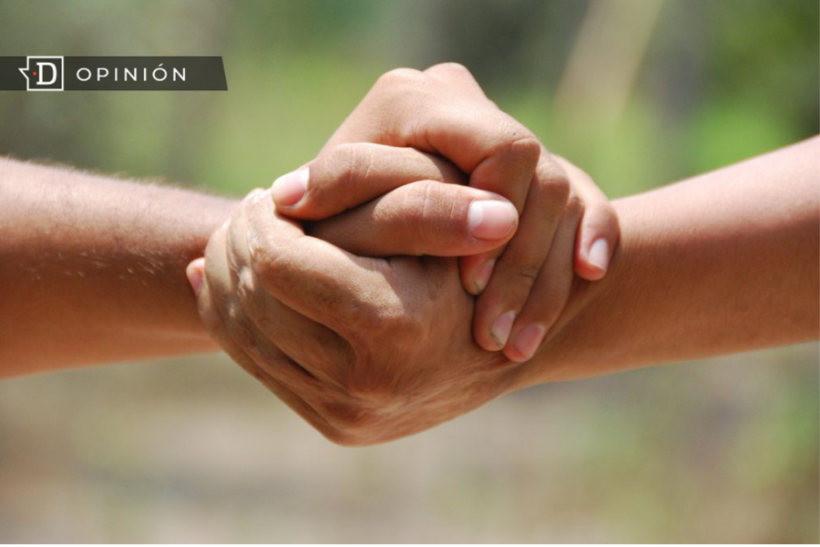Regaining confidence in politics and politicians is fundamental to strengthen democracy and its institutions. There are public figures who permanently denigrate political activity with their actions, confusing republican spaces with a circus, a stage or a television set.
By Antonio Elizalde
I remember years ago, during the dark period our country lived through. The unmentionable (dictator) appeared in an official broadcast in all the media at the beginning of 1982, stating that under no circumstances would the value of the US dollar be revalued against our currency. Despite this, within days the peso was devalued and the value of the dollar, which had been fixed at 39 pesos for several years, shot up to 50.91 pesos.
I learned first-hand that this led to the bankruptcy of many companies that had borrowed in dollars. And I also heard of businessmen who committed suicide because the devaluation of the peso made it impossible for them to repay their debts. At that time, a lot of business was done by word of mouth and a protested cheque was something that decent people were ashamed of.
I think it is possible to situate at that moment (I consider it the turning point) the beginning of the discrediting and discrediting of the word of those in authority among the citizenry, as well as the growing process of degradation of our public morals.
I believe it is necessary to add to this the persistent (for 17 years) “anti-political” discourse of the military dictatorship and the apolitical condition of those who supported it, even though they acted as politicians (since they thought and think, speak and act as such). Thus we have arrived at the unusual situation of today, in which many politicians boast of their apolitical status in order to make politics. Thus they place themselves in a position beyond the good and evil expressed in others (politicians) and in which their apolitical nature places them above the petty interests of those who belong to political parties.
It therefore seems to me necessary to remember that it is coherence and the value of one’s word that gives a society its ethical capital. It is symptomatic that two authors at the extremes of intellectual reflection on political issues, Francis Fukuyama and Niklas Luhmann, each published a book entitled Trust almost two decades ago. In both works, their authors coincide in pointing out that the fundamental basis of any society is the trust existing between the people who make it up, and they even go further, arguing that what differentiates one society from another in terms of levels of development is the degree of trust existing in social relations.
Political work, as opposed to the exercise of force in human relations, is based on constitutive elements such as: respect for the other, who is different from me but with whom I share the same dignity as a human being; the value of truth (this is the coherence between what is said and what is done); the value of the pledged word (this is the consistency in fulfilling what is promised or agreed); the value of the judgements or affirmations that are made public (this is the commitment to demonstrate if necessary the validity and seriousness of what is affirmed).
Trust is something that is built progressively, day by day, in every relationship that takes place between people, between those who represent the existing institutions in a society and between those who place their faith and credulity in them. For this to happen, there must be certainty among the various actors involved as to the good faith with which each one acts. Hence the importance of coherence, truth and seriousness as constituent elements.
It is very easy to destroy trust. Trust requires a long period of time, an accumulated history of actions, and that is why it is very difficult to regain it. All it takes is one outburst, one unconscionable statement, one incoherent action for it to break, to shatter and evaporate like the inevitable lightness of being, as Milan Kundera would say.
Restoring trust in politics and politicians in our society is essential to strengthen democracy and its institutions. There are public figures who permanently denigrate political activity with their actions, confusing republican spaces with a circus, a stage or a television set.
It is essential to promote reflection and critical analysis of political activity among citizens. Even more: to encourage involvement, citizen participation and commitment, but not by devaluing politics with improper actions but, on the contrary, by highlighting the enormous value that politics has for improving collective life and the search for the happiness to which we all aspire.
Antonio Elizalde: Sociologist. Former Rector of the Bolivarian University.










